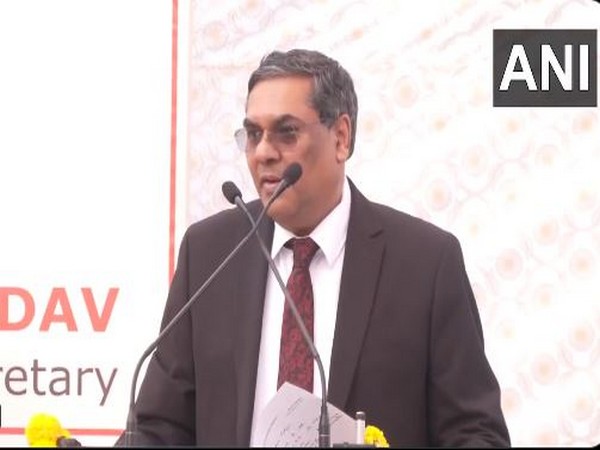Controversy Brews Over India's Election Commission Appointment Law
Chief Justice of India, Sanjiv Khanna, recused himself from hearing petitions challenging the 2023 Election Commissioner appointment law. The law, criticized for excluding the Chief Justice from the selection panel, is claimed to violate principles of free and fair elections, prompting multiple legal challenges.

- Country:
- India
In a significant move, Chief Justice of India Sanjiv Khanna recused himself on Tuesday from a scheduled hearing of petitions challenging the legality of a new law governing the appointment of the Chief Election Commissioner (CEC) and Election Commissioners. Initially set to be heard by a bench including Justice Sanjay Kumar, the case will now be reassigned.
The recusal came with instructions to list the matter before a different bench starting January 6, 2025. The Chief Justice urged all parties to finalize their pleadings within this period, ensuring readiness for the next phase of the legal proceedings.
This decision follows an earlier ruling by Justice Khanna's bench, which refused to halt the appointment of two Election Commissioners under the controversial 2023 Act. The Act, which drops the Chief Justice from the selection panel, sparked outrage and accusations of undermining electoral independence. Despite these concerns, and urgent appeals from various petitioners, the court maintained that delaying appointments risked chaos and uncertainty as national elections approach.
The petitions filed by the Association for Democratic Reforms and other activists, argue that the Act undermines free and fair elections by excluding an 'independent mechanism' in selecting Election Commission officials. Particular focus is placed on Sections 7 and 8 of the Act, which outline the procedures for these appointments, raising constitutional questions following the court's March directive.
The Supreme Court's March 2023 ruling recommended a selection committee inclusive of the Prime Minister, the Chief Justice, and the Leader of the Opposition in the Lok Sabha until Parliament formalized a law. Critics highlight how excluding the Chief Justice allows the ruling Prime Minister disproportionate influence, potentially compromising the Election Commission's impartiality. The debate continues as India prepares for its upcoming electoral cycle, with significant implications for the nation's democratic processes.
(With inputs from agencies.)
ALSO READ
Rising Legal Challenges: Imran Khan Faces New Allegations
Health Headlines: Dengue Crisis, Malaria Surge, and Legal Challenges in Food Industry
Financial Watchdog Faces Legal Challenge Over Exclusion from Compensation Scheme
Trump Persists: Legal Challenges and Presidential Immunity
Political Tensions Rise: Duterte Faces Legal Challenges Amid Threat Allegations










